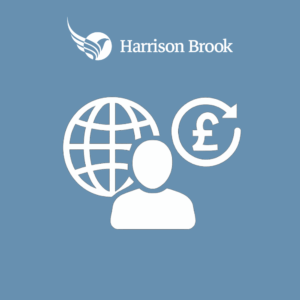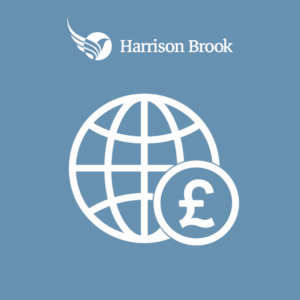
Transferring a UK Final Salary Pension to an International SIPP?
What Happens to my UK Pensions if I Live Abroad?
As an Expat, you may be wondering or concerned about what happens to your pensions left in the UK as part of your wider financial planning. Common concerns we encounter with our clients include:
- How can I access it?
- Will I be double-taxed?
- Who will be looking after it?
- Should I transfer to an International Pension?
These questions are entirely natural, and the world of offshore financial planning can be confusing at the best of times. In this article, we’ll run through the different types of pension schemes you may hold, with a focus on final salary and defined-benefit pensions.
1) Defined Contribution (DC) (Money-Purchase Pension)
Defined Contributions pensions, also known as money-purchase or unit-linked schemes, are the most common type of schemes in the UK. With these schemes, your monthly contributions from yourself and your employer are invested into the markets and left to grow over time, in the hope of providing you with funds for retirement when you eventually look to draw-down.
As such, the value of your pension will go up and down with market conditions, depending on where the monies are invested. When you decided to retire, you will then have access to a 25% tax-free cash payment (note, this is tax-free in the UK and not necessarily abroad). You can then take an income from the rest of the pot as you please. These income payments are completely flexible and at your discretion.
2) Defined Benefit (DB) (Final-Salary)
These schemes operate completely differently from Defined Contribution pensions, as they contain protected rights. Final Salary pensions will offer you an annuity (i.e. a guaranteed income) every single year until you die. These will normally be indexed linked and adjust and rise with inflation. As a general rule, these schemes should be held on to due to the guaranteed lifetime income payment – something which cannot be replicated by a defined contribution pension.
However, there are some notable differences and drawbacks of these schemes. Firstly, as you’d expect, they do not offer flexi-access drawdown. This is the ability to take an income as and when you please, and whatever amounts you wish to receive. With a defined benefit scheme, your income is set in stone and cannot be changed. Furthermore, most Defined Benefit schemes will not allow you to pass on the entirety of your benefits to loved ones, whether it be your partner or children. Typically, you can pass on 50% of the income payments or benefits to family. Again, this is in contrast to a standard defined contribution pension in which 100% of your pot can be passed on to beneficiaries.
Harrison Brook is the leading international online broker of expatriate financial services, products, and financial advice.
Get in touch with us for assistance in transferring your final salary pension to an International SIPP.
Want to find out more?
The information contained herein is for informational purposes only which is subject to change and should not be relied upon. You should seek advice from a professional adviser before embarking on any financial planning activity.


